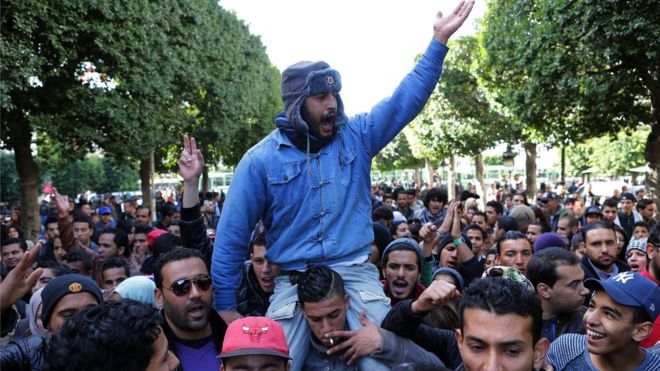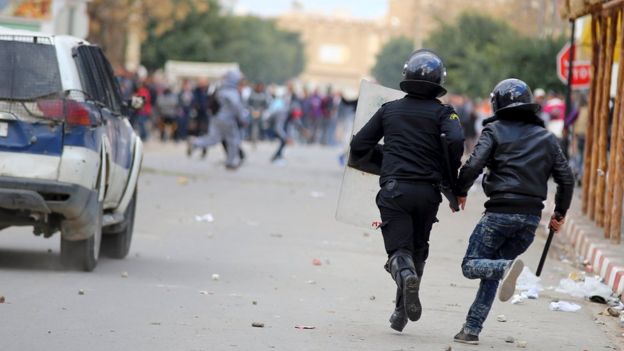Okay, I'll admit that I've had reservations about whether a Muslim country could have a democratic government. Well, according to the story in The Daily Signal, Tunisia is becoming just that. It's economy is improving and women are getting a bigger told in everyday life.
Could this be an example for other Muslim countries to follow? At least in North Africa. Maybe.
Read the story @ We Need Inspirations All Over the World Right Now Why This Small North African Country Might Be It
Could this be an example for other Muslim countries to follow? At least in North Africa. Maybe.
Read the story @ We Need Inspirations All Over the World Right Now Why This Small North African Country Might Be It



